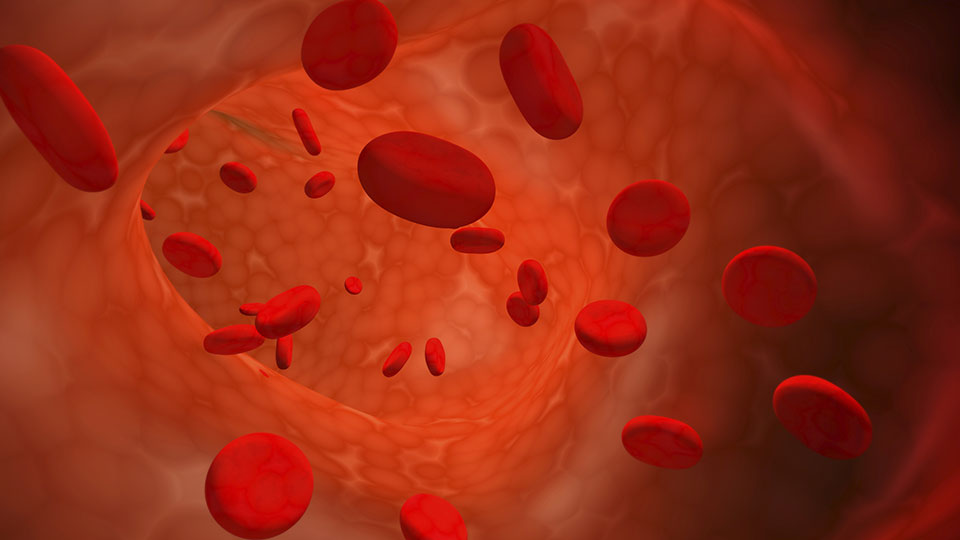Antibodies induced by mRNA shots improve for months; Blood cells damaged by COVID-19 cause blood vessel problems

The following is a summary of some recent studies on COVID-19. They include research that warrants further study to corroborate the findings and that has yet to be certified by peer review.
Antibodies improve for months after mRNA vaccine
Antibodies induced by mRNA COVID-19 vaccines keep improving in quality for at least six months while the immune system continues to "train" its antibody-producing B cells, according to a new study.
After vaccination, some B cells become short-lived antibody-producing cells, while others join "germinal centers" in lymph nodes - essentially, a training camp where they mature and perfect their skills.
"Cells that successfully graduate (from germinal centers) can become long-lived antibody-producing cells that live in our bone marrow or 'memory B cells' that are ready to engage if the person gets infected," explained Ali Ellebedy of Washington University in St. Louis. Animal studies have suggested that so-called germinal center reactions last only weeks.
But analyses of blood, lymph node tissue and bone marrow from volunteers who received the Pfizer/BioNTech vaccine showed germinal center reactions induced by the shots lasted at least six months, with antibodies becoming increasingly better at recognizing and attacking the spike protein of the original version of SARS-CoV-2, Ellebedy's team reported on Tuesday in Nature.
They did not test the mature antibodies' ability to neutralize variants, but in theory, Ellebedy said, the antibodies should be better able to recognize parts of the spike common to the variants and the original strain.
More research is needed to know whether this robust germinal center response is unique to mRNA vaccines or if it is also induced by more traditional vaccines.
Red blood cells damaged by COVID-19 cause blood-vessel problems
Dysfunctional red blood cells contribute to the blood vessel injuries common in severe COVID-19, according to laboratory studies that also may suggest a way to treat the problem.
Many patients hospitalized for COVID-19 are thought to have damage to the endothelial cells lining the blood vessels, which can lead to blood clots, organ impairment, and other complications.
New findings from the blood of 17 moderately ill COVID-19 patients and 27 healthy volunteers confirm "profound and persistent endothelial dysfunction" as an effect of the coronavirus, researchers reported on Wednesday in JACC: Basic to Translational Science.
Compared to the red blood cells in healthy people, those from COVID-19 patients release fewer beneficial nitric oxide molecules and more detrimental inflammation-causing molecules, said Dr. Ali Mahdi of Karolinska University Hospital in Stockholm.
In combination with elevated levels of a certain enzyme, the inflammatory molecules injure the blood-vessel lining, his team found. As a result, the vessel cannot relax properly.
The dysfunction is reversed by drugs that restore normal enzyme levels and limit production of the harmful molecules, Mahdi said.
Whether test-tube findings can be replicated in people is not yet clear. The experiment was performed on the original coronavirus, so it is also unclear whether red blood cells are similarly affected in infections caused by variants of SARS-CoV-2. -- Reuters



